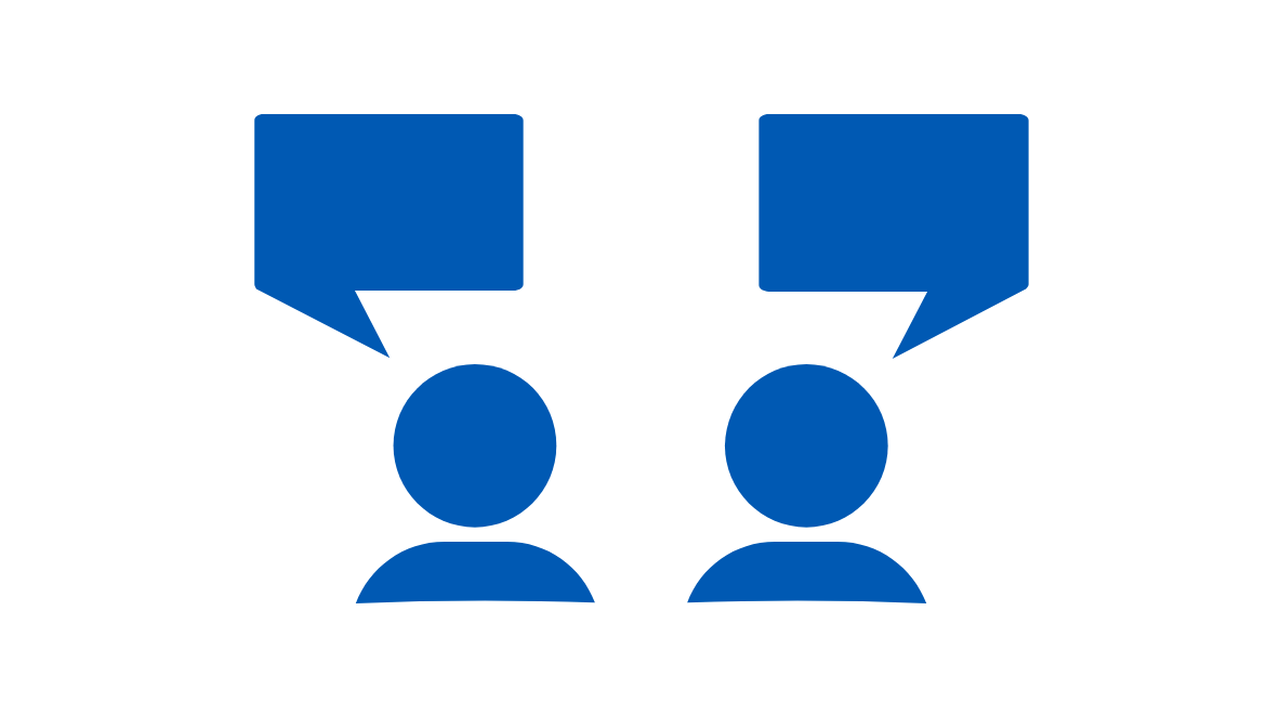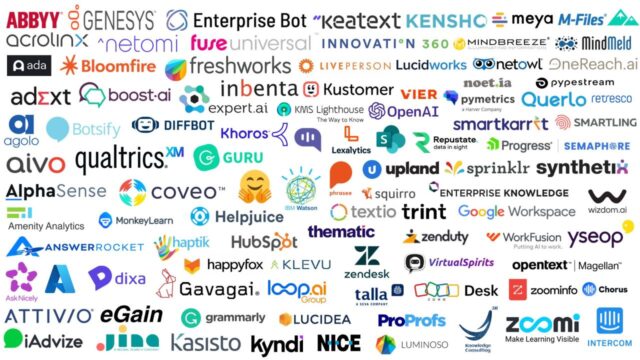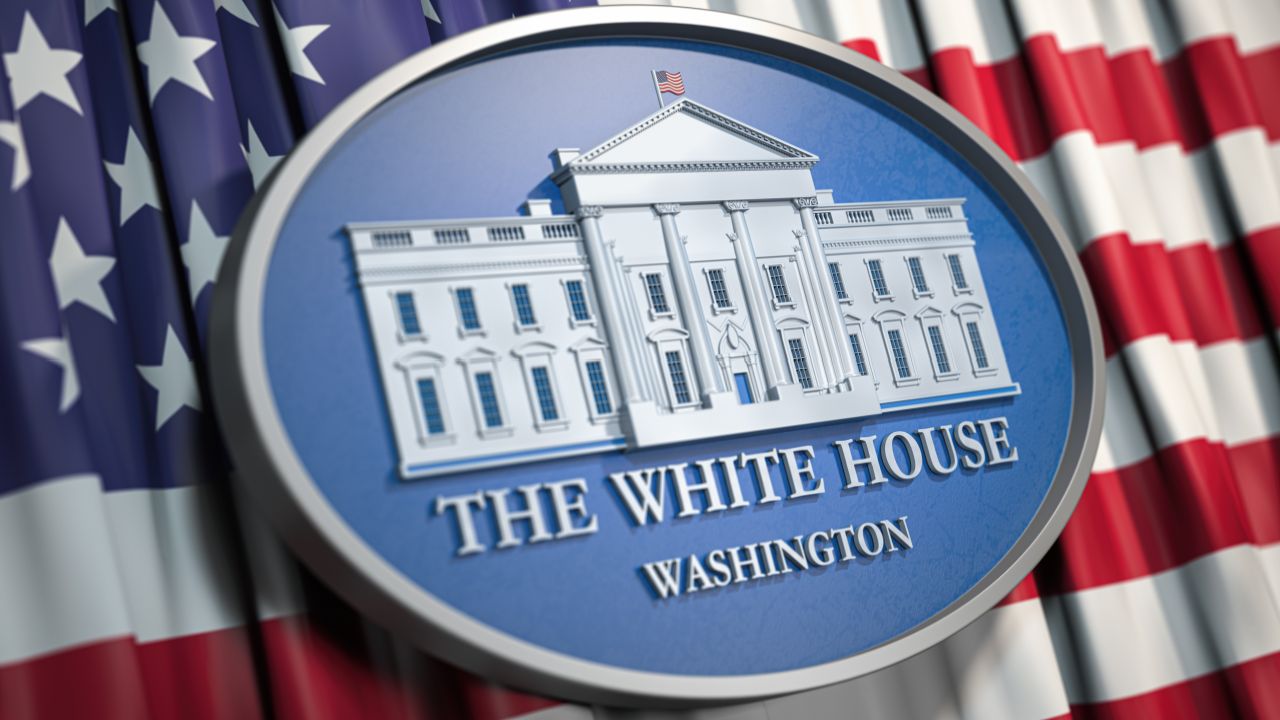
Knowledge management: “Each man is my superior in that I may learn from him”
Norman Lear (an American television writer and producer) believes “Each man is my superior in that I may learn from him.” He believes that “Somebody doesn’t have to be a professor. Somebody can be just knocking on your door, or somebody can be selling you something on the street, or somebody can be peddling wherever, and you have a reasonable conversation, and suddenly you heard something you hadn’t heard before or something the person you feel is about suggests just something you haven’t thought before.” He is 98 years old. He has experienced a lot. I believe he has credibility here.
The value of the opportunity to continuously learn
The political, social, and economic events of the past four years (really even longer) repeatedly remind me as a knowledge management practitioner how valuable is the continuous capability and ability to learn from others, especially those that share a different perspective than mine. The denial and loss of this capability and ability to continuously learn have led to unintended outcomes in the past, does so in the present, and will likely lead to unintended outcomes in the future.
The failure of media and the failure within the campuses of our learning institutions to promote the opportunity to freely and continuously learn from others is a major challenge to our (collective) ability to develop an understanding of the meaning and impact of the people with whom we interact, the value of their conversation, the beliefs they hold even especially when different from our own, and the decisions they make. To make us valuable and informed participants in our society, denying the opportunity for others to hear alternate views, to listen, and to draw their own conclusions from different views on any subject not only destroys the opportunity to continuously learn, to continuously improve through the ability to process new knowledge but also marginalizes or eliminates and opportunity to use that new knowledge to make better decisions and to develop new solutions to new and evolving and in some instances life or death challenges.
Denying the opportunity to continuously learn is self-destructive
More importantly, the canceling of an opportunity to understand and the insecurity that drives this mentality means that we lose “critical and relevant” perspectives on history and the subsequent ability to learn from that history, why events occurred, and why people did what they did based on the beliefs that led to the decisions they made and the outcomes that then transpired. We know tragically that failing to understand history, failing to learn lessons from this history, failing to understand those conversations and decision chains ends badly when we do not afford ourselves, and cancel, the opportunity to do this. It is narrow-minded, self-centered, destructive, and is counterproductive to the concepts and practices of good knowledge management and fundamentally human interaction. I always have to consider that when differing views cannot be supported with evidence or logic and the result is to cancel or silence the perspectives of those that do not agree, there is a modicum of insecurity that calls into the question the validity, logic, and agenda of the other’s perspective(s).
We have an opportunity to change
In 2021 we have the opportunity to “flip the pages of pending history” and to create greater opportunity to learn from what others believe. We can choose to work to understand what others believe and why they believe that, to inform ourselves of their understanding, to enable our better decisions, and to develop our better solutions to the challenges brought on by necessary change and the new knowledge and understanding we need, can and should gain from others, especially when we do not agree with them.
In 2021, we will require organizational and personal humility to recognize that we can’t know all there is to know … that there is always an opportunity to continuously learn more, that there are tools and mechanisms to do this, and therefore, there may be better, other outcomes that we cannot see. That these alternatives may lead to alternate success.
Really, shouldn’t we demand of ourselves as a rational person, or demand of a decision-maker in any sector of life whom we entrust with decision making power and subsequent accountability for those decisions on our behalf, to “want” to know as much as possible to make those better decisions and develop better solutions to new and extraordinary challenges? I vote yes.
Header image source: Author provided.






